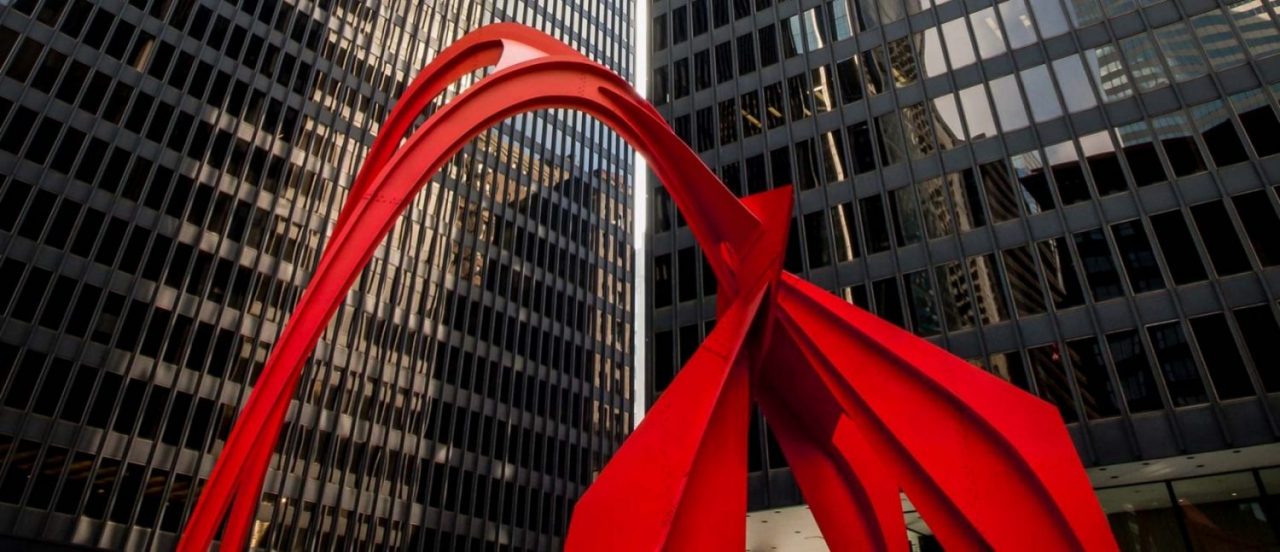Everybody knows that Chicago scholars dismissed predatory pricing as a practice of concern for antitrust law due to its alleged unprofitability, both relative and absolute. Many know that the dismissal dates back to the early years of the Chicago revolution in antitrust and has been reiterated ever since. What is less known is why those scholars focused so much on that specific unilateral practice. The paper shows that, from Aaron Director in the mid-1950s to, among others, John McGee (1958) and Robert Bork (1978), demolishing the traditional story about predatory behavior has always been a strictly necessary component of the Chicago School’s broader assault against established Section 2 case law.
By Nicola Giocoli1
In a famous 1963 article in Fortune magazine, later expanded in the 1965 Columbia Law Review, Robert H. Bork & Ward S. Bowman, two Yale professors with close connections to the Chicago School, argued that long-standing contradictions had brought antitrust doctrine to a state of crisis. While enforcement had long oscillated between protecting competition and protecting competitors, the latter had ultimately prevailed: “Anti-free-market forces now have the upper hand and are steadily broadening and consolidating their victory. The continued acceptance and expansion of their doctrine […] threaten within the foreseeable future to destroy the antitrust laws as guarantors of a competitive economy” (Bork & Bowman 1965, 364).2 While shared by
...THIS ARTICLE IS NOT AVAILABLE FOR IP ADDRESS 216.73.216.24
Please verify email or join us
to access premium content!

